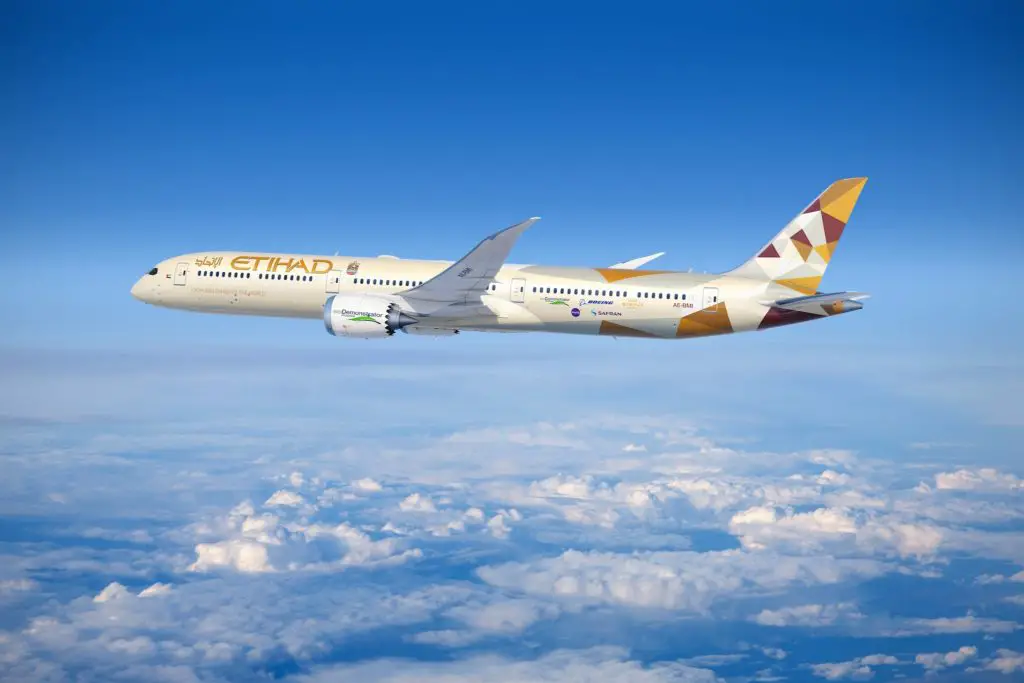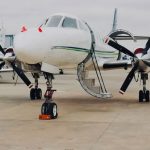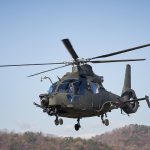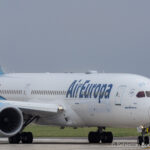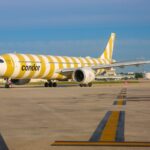Etihad Airways conducts test flights to eliminate condensation trails. It will also test changes that increase operational efficiency.
Formation of condensation trails
This week-long program will coincide with Earth Day (April 22) and will involve more than 20 commercial flights within the airline’s network. It will seek to test technologies that reduce or prevent the formation of condensation trails that were developed in collaboration with SATAVIA, a UK-based aerospace company.
Adam Durant, CEO of SATAVIA, stated that «the understanding of contrails is based on decades of atmospheric science. By combining this knowledge with computer modeling of the atmosphere to identify areas of contrail formation, we can optimize the path to prevent them.»
Wakes are formed by ice crystals generated by combustion in aircraft engines. According to SATAVIA models, they cause up to 60% of the total climate impact of the aviation industry. Aviation, meanwhile, contributes about 2% of man-made carbon emissions.
EcoFlights
In addition to the above-mentioned trials, the airline will operate up to thirteen «EcoFlights» where it will test a series of operational measures. If successful, these optimizations will be incorporated into the airline’s scheduled operations. The tests will be conducted on Etihad’s fleet of Airbus A350s and Boeing 787s.
Etihad CEO Tony Douglas said, «We have been demonstrating our commitment to the environment for years. These tests are just the latest initiatives in our long program. Sustainability is an everyday priority for us, and not something we only implement once a year and when it is convenient.»
This program will test route optimization initiatives, including the implementation of optimized climb profiles, continuous descent, and single-engine taxiing procedures.

